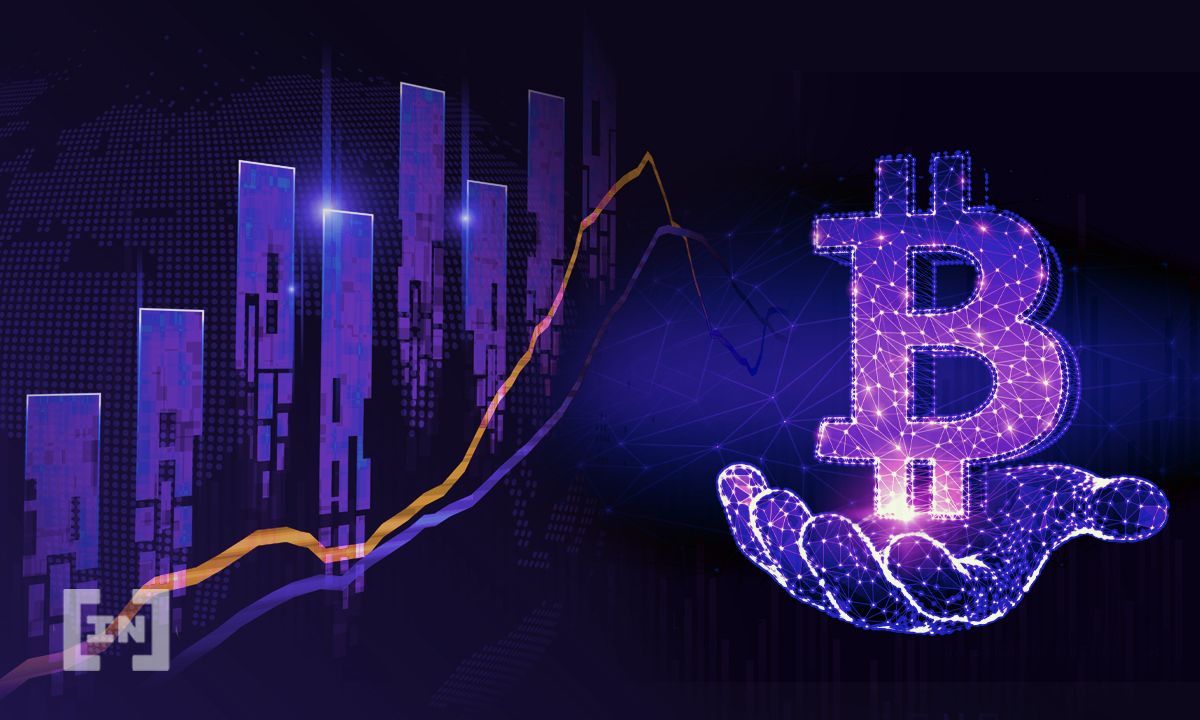The bond market can be somewhat confusing to a lot of people, perhaps, more so if the bond involves bitcoin. Without precedence, the experiment into these new kinds of assets is novel even in the innovative world of cryptocurrencies.
The idea of bitcoin bonds grabbed attention when El Salvador’s president Nayib Bukele announced a plan to build a Bitcoin city. He says the bitcoin-backed bonds would partially fund the city.
What is a bitcoin bond?
When companies and especially governments want to raise money to fund new projects or everyday operations, they often issue bonds, selling them to investors.
Put simply; bonds are a type of investment where you lend money to the government or a company. In return, the government or company promises to repay a fixed certain amount of money in the future, sometimes twice a year.
One big final payment follows when the bond “matures.” This refers to when the bond reaches the end of its lifespan. This final payment combines the original loan and those other smaller periodic payments, known as coupons.
For ease of comprehension, it works well to understand the coupons as interest. Like other securities, bonds are bought and sold on financial markets.
Bitcoin (BTC) bonds function similarly, only built on the blockchain. Instead of within the traditional financial infrastructure. Also, whereas people fund regular bonds in fiat money, bitcoin bonds use both fiat and crypto.
In the case of El Salvador, the first country to make bitcoin legal tender, the securities will be issued via Liquid Network. This is a sidechain protocol built on the Bitcoin blockchain and can be traded on the crypto exchange Bitfinex.
Settlements will be made through BTC, the U.S dollar, and tether (USDT). They can also be settled directly to a Chivo wallet, a government-owned bitcoin wallet.
Who can borrow using bitcoin bonds?
Max Keiser, host of the Keiser Report, is credited with suggesting that El Salvador use bitcoin bonds to pay off its debt to the International Monetary Fund (IMF). At the time, the fund was pushing back plans by the Central American country to use bitcoin as an official currency.
However, Samson Mow, chief strategy officer of Blockstream, the Canadian blockchain firm that created the Liquid Network, and a few other like-minded bitcoin firms who took up the initiative.
They wrote a letter to El Salvador President Nayib Bukele, assuring him of their support and technical expertise in his plans to legalize bitcoin as everyday money, even in the event of blowback from the global world.
So, that’s partly how the world is getting its first Bitcoin city in addition to the first government bond backed by bitcoin. It is a $1 billion offering slated for the first quarter of 2022. Companies can issue similar bonds, as well.
This also explains why the bond has generated both fear and excitement in equal measure. It is uncharted territory.
Already attempted and failed
Well, mostly unchartered, Simon Dixon’s Bank to the Future, a crypto investment platform, tried it a few years ago. It failed. The firm got only eleven investors.
It is different though with El Salvador, a country that is positioning itself as a bitcoin hub. Even Dixon, author of the book “Bank to the Future,” from where his platform derives its name, agrees that El Salvador could revolutionize the way governments and corporates borrow.
Should the bond succeed, he expects this to prompt other nations to follow. In the process, it will help accelerate hyper-bitcoinization. Dixon called it “reinventing the bond market” during a video discussion with Keiser and Mow.
Now, the three bitcoin proponents promise success. However, it is also true that if the country fails, the implications of such a failure could cause serious damage to the global crypto industry and El Salvador’s fragile economy.
Who can buy them?
Governments sell bonds mainly to financial institutions such as banks, pension funds, insurance companies, and others. Sometimes individual investors can also buy them, through a broker.
The El Salvador bitcoin bond, or EBB1, is structured in a way that targets both traditional institutional investors and ordinary people. It deliberately targets small investors.
Mow said it will be sold in $100 tranches to “democratize access to the bond.”
“That’s the whole point, an instrument that empowers the people just as bitcoin empowers the people,” he added.
If you are living in the U.S., participating could prove difficult due to restrictions placed on crypto-related investments by regulators in the country.
“But there should be a way for U.S. users to access the bond eventually,” said Mow. “If one can buy U.S. Treasury bills, then you should be able to buy bitcoin bonds.”
How do investors make money on bitcoin bonds?
How much you earn depends on how much you pay for the bond. The principal amount invested generally determines the periodic coupon payments.
Of the $1 billion that El Salvador is targeting to raise, $500 million will construct energy and bitcoin mining infrastructure and $500 million to buy even more bitcoin. This will be kept in cold storage within the country.
Holders of the bond will get a coupon of 6.5% on the 10-year paper. They will also earn what Mow called “special dividends” once El Salvador liquidates its bitcoin holdings every three months.
Bondholders will essentially share the sale proceeds with El Salvador in half. The country can use profits from the sales to pay off the bond.
This happens after an initial five-year lock-up period when no sales take place. The “special dividend” is paid over and above the 6.5% coupon. However, it depends on the price of BTC at the time of sale.
According to Mow, Blockstream has that covered too. The firm worked out different scenarios that account for the volatility in the BTC price. One model predicts a 90% yield in year 10, plus the 6.5%.
Another estimates the 10th year yield at 140%, in addition to the original 6.5%. Both scenarios assume the bond move will absorb enough bitcoin to cause its price to skyrocket to as high as $1 million. Bondholders will not benefit from the bitcoin El Salvador earns from mining activities.
The worst-case scenario would be when developments in other parts of the world, or indeed within El Salvador itself (such as the election of a new leader who hates crypto), result in a sustained decline of the BTC price. Therefore causing bond yields to fall.
Can bitcoin bonds succeed?
Samson Mow thinks they are a winner. “There’s an entire financial system waiting to be connected to bitcoin,” he says.
El Salvador is currently paying a coupon of 13% on its conventional dollar bonds. However, Max Keiser argues that reducing the bitcoin bond coupon to 6.5% suggests the country is in a “much healthier position.”
If one was concerned about the risk of default, proponents have put forward mining as a way to de-risk the El Salvador bond. Power generated in the Bitcoin city can also be sold to neighboring countries. As a result, proceeds could then be used to pay bondholders, they say.
Simon Dixon explains that the risk proposition changes “because it’s investing in bitcoin, in infrastructure. Having that bitcoin kicker really beats the inflation.”
He pointed out that most people are already lending to the U.S. government at a loss. Specifically, with inflation at 6.5% and bond yields around 1.4%.
Disclaimer
Following the Trust Project guidelines, this feature article presents opinions and perspectives from industry experts or individuals. BeInCrypto is dedicated to transparent reporting, but the views expressed in this article do not necessarily reflect those of BeInCrypto or its staff. Readers should verify information independently and consult with a professional before making decisions based on this content. Please note that our Terms and Conditions, Privacy Policy, and Disclaimers have been updated.

